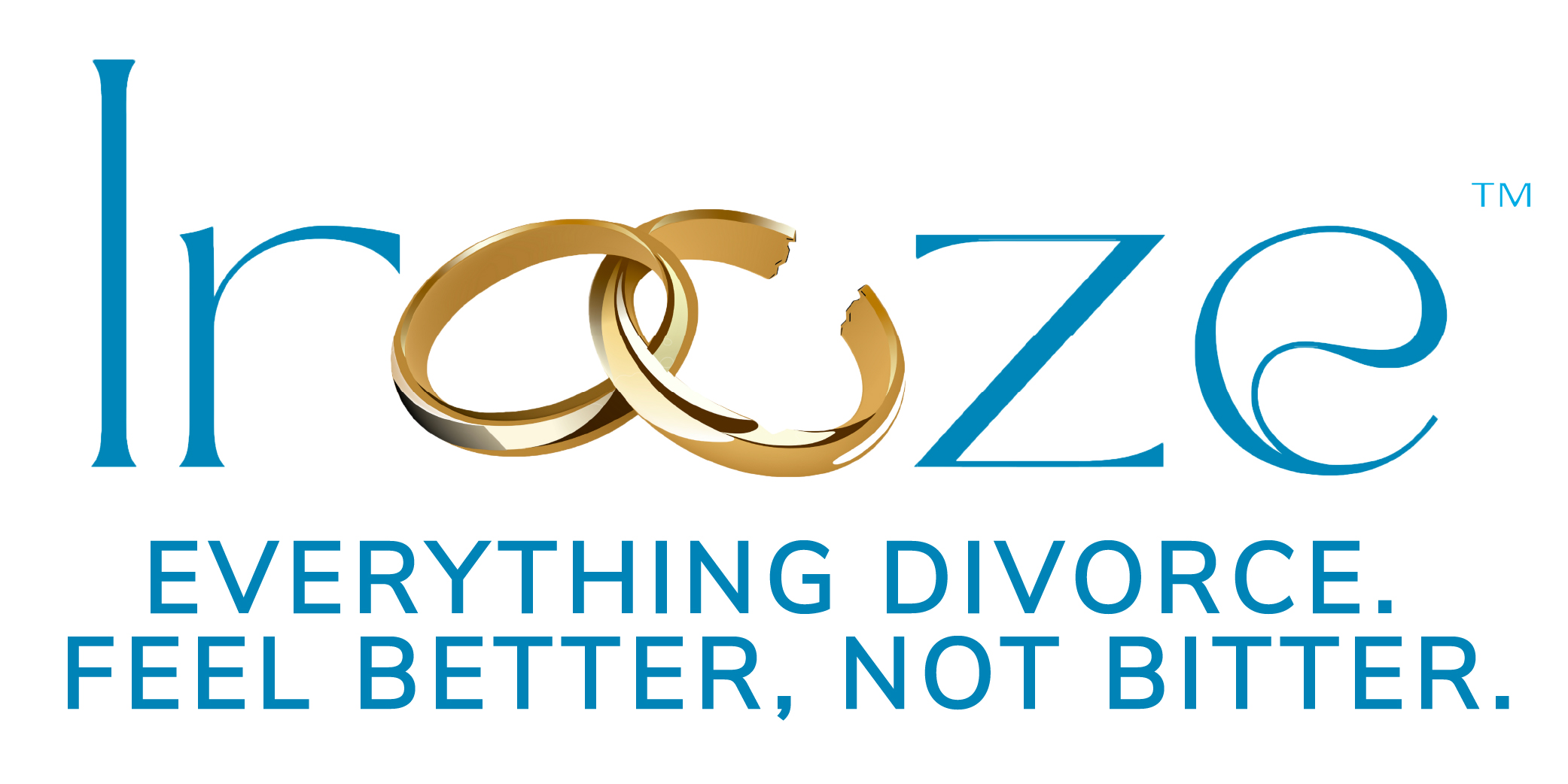Divorce is emotionally challenging, requiring individuals to navigate complex emotions, legal steps, and life transitions. Professional guidance helps manage these changes. Two common sources of support are therapists and coaches. Many people wonder, “Should I hire a divorce coach or a therapist?”
The answer depends on whether you’re looking for emotional healing or strategic divorce support. While both professionals offer valuable assistance, it’s important to know there differences to choose the best to support your needs. A quick comparison of therapists and divorce coaches can help clarify which professional suits your unique needs. It also ensures you find the right fit for your current stage in the divorce process. In this article, we will explore the distinctions between therapists and coaches when it comes to divorcing.
What Therapists Do During Divorce: Emotional Healing and Support

Therapists, including licensed psychologists, psychiatrists, and clinical social workers, specialize in diagnosing and treating emotional and psychological issues. In the context of divorce, Dr. Warren Shepell, a pioneer of EAPs in Canada, explains that therapists help individuals heal emotional wounds. They also guide clients in developing healthy coping strategies during this challenging time.
1. Emotional Support: ThTherapists create a safe space for individuals to express their emotions and process the grief, anger, and anxiety of divorce. They use therapeutic techniques like talk therapy, cognitive-behavioral therapy (CBT), and psychoanalysis to support clients. These methods help individuals explore their feelings and address underlying emotional challenges.
2. Trauma Resolution: Divorce can be a traumatic experience, and therapists are trained to help individuals work through the emotional aftermath. They can help individuals heal from past traumas that may have contributed to the breakdown of the relationship and guide them in building resilience for the future.
3. Mental Health Diagnosis and Treatment: Therapists are qualified to diagnose and treat mental health conditions like depression, anxiety, or PTSD. If divorce exacerbates pre-existing issues, they provide targeted interventions. They can also refer clients to other specialists for additional support when needed.
Divorce Coach Benefits: Focus on Goal-Oriented Guidance

Divorce Coaches, on the other hand, are professionals who specialize in guiding individuals towards achieving specific goals, enhancing personal growth, and providing practical support during the divorce process. Unlike therapists, divorce coaches do not diagnose or treat mental health disorders but instead focus on empowering their clients to make decisions and take action.
1. Goal Setting: Divorce Coaches assist individuals in clarifying their goals and priorities before making the decision to divorce and during the divorce process. Whether it’s making informed decisions, discussing their thoughts and decisions with the other parent, talking to the children, creating a parenting plan, managing finances, coping and overcoming the daily emotional distress, reducing the legal costs or rebuilding one’s life, divorce coaches provide support and guidance to help clients navigate the challenges they may face.
For example, client Michelle felt unsure how to tell her children about the divorce or how to deal with the upcoming legal steps. With the help of a divorce coach, she developed a confident parenting communication plan, she prepared emotionally for the difficult conversations, and developed strategies to minimize conflict with her co-parent.
2. Practical Strategies: Coaches offer practical strategies and tools to help individuals manage their divorce-related tasks effectively. This may include organizing paperwork, developing communication skills with their attorneys or for effective co-parenting, or creating a post-divorce plan for personal growth and well-being.
3. Accountability and Support: Coaches provide accountability and support throughout the divorce process. They hold clients responsible for following through on their goals, help them overcome obstacles, and provide a non-judgmental space for discussing concerns and fears.
How to Choose Between a Therapist and Divorce Coach

When deciding between a therapist and a divorce coach, it’s important to consider your specific needs and circumstances. If you are struggling with emotional distress, trauma, or mental health issues, a therapist may be the most appropriate choice. They can help you navigate the emotional complexities of divorce and provide the necessary healing and support.
However, if you are primarily seeking guidance for practical matters, goal-setting, strategies, and personal growth during the divorce process, a coach can provide the targeted assistance you need. Coaches can help you develop a plan, gain clarity, and provide support to move forward in a productive and empowered manner.
When going through a divorce, seeking professional support is a wise decision. In some cases, individuals benefit from a combination of therapy and coaching. Collaborating with both professionals can offer a holistic approach, addressing both emotional well-being and practical aspects of divorce. Therapists and coaches bring unique expertise to the table, with therapists focusing on emotional healing and coaches providing practical guidance and goal-oriented support. Understanding the distinctions between these two professionals will help you make an informed choice based on your specific needs and desired outcomes.
Remember, whichever path you choose, the most important factor is finding a qualified professional whom you feel comfortable working with, as their expertise and support can make a significant difference in your journey towards a healthy and fulfilling post-divorce life.
For more on how to manage the emotional fallout of divorce, see our article on From Overwhelm To Emotional Stability. You can also consult resources like a Certified Divorce Coach Directory to find credentialed coaches near you.
FAQ: Therapist vs. Divorce Coach During Divorce
Q1: What is the main difference between a therapist and a divorce coach?
A. The primary difference is focus: therapists specialize in emotional healing and mental health treatment, while divorce coaches provide practical, goal-oriented guidance and support throughout the divorce process. Therapists can diagnose and treat psychological conditions; coaches cannot.
Q2: Can I work with both a therapist and a divorce coach at the same time?
A. Yes, combining both can be highly effective. A therapist helps you process deep emotions and past trauma, while a divorce coach assists with decision-making, communication strategies, and navigating legal or co-parenting challenges. Together, they provide emotional and practical support.
Q3: Do I need a divorce coach if I already have a lawyer?
A. Yes, they serve different purposes. Lawyers handle legal matters, while divorce coaches help you stay emotionally grounded, make strategic decisions, and reduce the stress that can complicate the legal process. A coach can also help reduce your legal fees by preparing you for lawyer meetings.
Q4: When should I consider seeing a therapist during my divorce?
A. Consider a therapist if you’re experiencing overwhelming emotions such as anxiety, depression, anger, or grief. A therapist is especially helpful if the divorce has triggered unresolved trauma or mental health symptoms that affect your daily functioning or relationships.
Q5: Is divorce coaching covered by insurance?
A. Typically, no. Divorce coaching is not covered by health insurance because it is not considered medical or mental health treatment. Therapy services may be covered depending on your provider and plan.
Q6: How do I know if I need professional support during divorce?
A. If you feel overwhelmed, stuck, emotionally exhausted, or unsure about how to move forward, professional support can help. Whether it’s therapy, coaching, or both, the right expert can provide clarity, structure, and emotional stability throughout your divorce journey.





